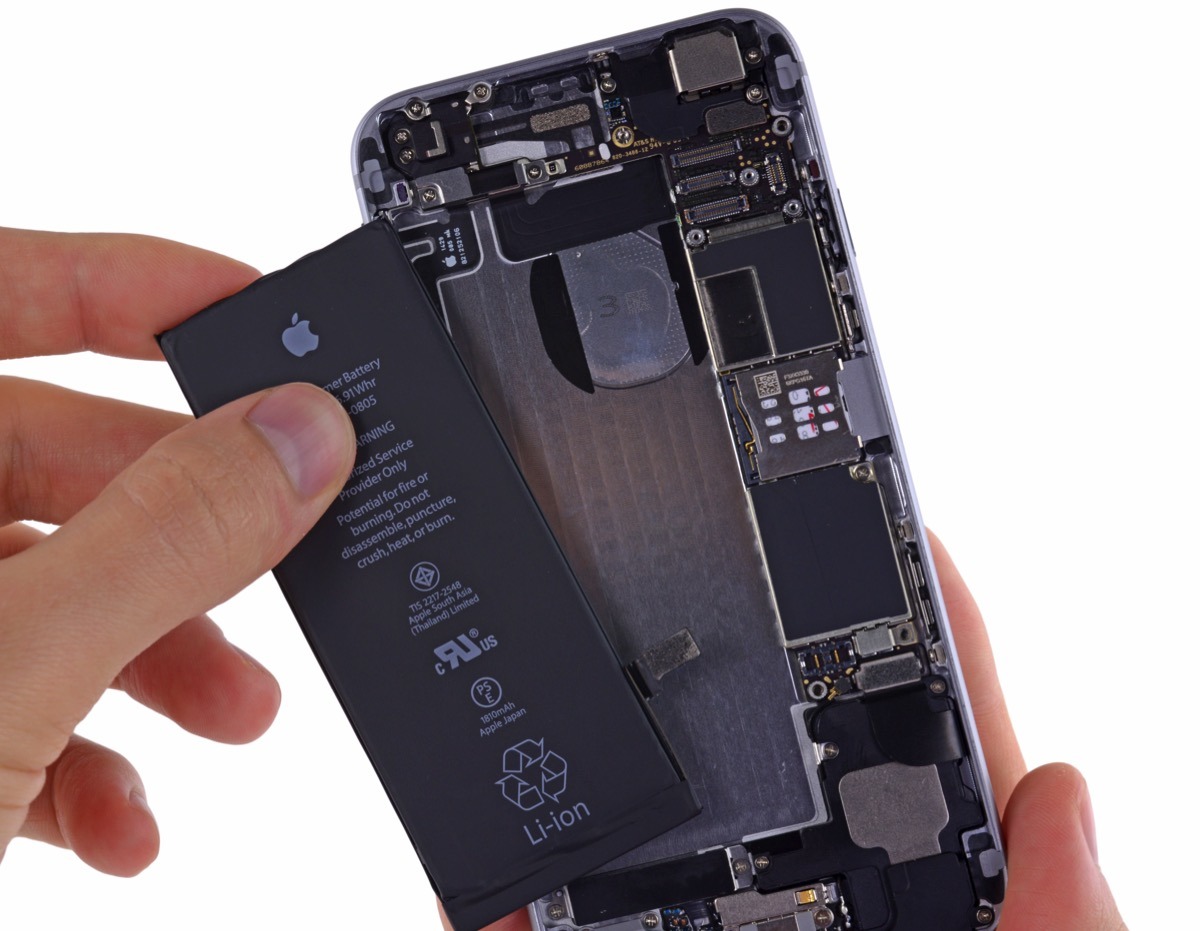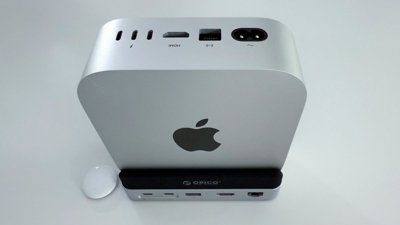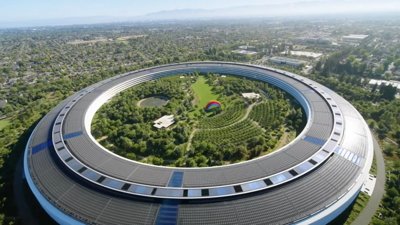The U.S. Department of Justice and the Securities and Exchange Commission are reportedly starting to look into if Apple violated securities laws, regarding how it informed consumers about the iOS update that implemented the throttling of chemically depleted batteries in iOS 10.2.1.
According to a report from Bloomberg on Tuesday citing its own sources, the government has requested information from Apple regarding the matter. Allegedly, the inquiry is in the early stages, and it is far too soon to assume that a formal investigation will start, or if any enforcement is likely.
AppleInsider was unable to confirm the information request, and at present there is no publicly available paper trail suggesting that an investigation is underway.
Apple has been under fire since it admitted to throttling processor performance on some older iPhone models last month.
In December, a Reddit user detailed what appeared to be evidence of CPU throttling on iPhones with chemically depleted batteries, claims that were later backed up by Geekbench's John Poole. Aggregating multiple iPhone benchmark tests, Poole found a correlation in iPhone slowdowns, battery wear and iOS version, with a noted change in performance apparent between iOS 10.2 and iOS 10.2.1.
Apple released iOS 10.2.1 in 2016 to deal with unexpected shutdowns afflicting iPhone 6, iPhone 6s and iPhone SE models, and noted in release notes that it had done so. However, the company failed to specifically disclose at the time how the firmware fixed the apparent problem.
In a statement from December, Apple said the software update's feature helps "smooth out the instantaneous peaks only when needed to prevent the device from unexpectedly shutting down during these conditions." The same technology has been carried forward with iOS 11.2 to cover the iPhone 7, and Apple says the feature will be carried forward in future products.
Apple's forthcoming iOS 11.3 will have the ability to disable the battery throttling, at the cost of phone stability — potentially leading to an under-voltage crash.
Customers who took offense to Apple's lack of transparency on the matter began to file class-action lawsuits. More than 40 complaints have been filed in the U.S. so far, including a case being handled by Hagens Berman, the consumer rights law firm that successfully obtained a $450 million settlement from Apple over e-book price fixing in 2015.
Apple apologized for not communicating the implementation to iPhone owners. At the same time, the company dropped the cost of out-of-warranty battery replacements from $79 to $29 in a play for positive customer sentiment.
Sen. John Thune (R - S. Dak.), chairman of the Senate Commerce Committee, asked Apple a series of questions to suss out the company's policies on slowing down iPhones with depleted battery cells. Thune asked how Apple is tracking customer complaints related to the processor slowdown issue, and whether the company was looking into rebates for iPhone owners who paid full price for a battery replacement prior to the discount offer.
Since the note, AppleInsider learned that the cutoff date for a reduced-price refund goes back to Dec. 1, 2017, but no earlier as a matter of procedure. However, there have been limited reports of successes for a bit earlier in the year.
French regulators initiated an investigation into identical issues on Jan. 7. In that case, the DGCCRF anti-fraud agency is following up on a private complaint by Stop Planned Obsolescence.
Should the data-gathering turn into an investigation, similar examinations of Silicon Valley companies have taken years to resolve.
 Mike Wuerthele
Mike Wuerthele







-m.jpg)







 Andrew Orr
Andrew Orr
 Andrew O'Hara
Andrew O'Hara
 Malcolm Owen
Malcolm Owen
 William Gallagher
William Gallagher

 Christine McKee
Christine McKee




-m.jpg)


39 Comments
Of course these “investigations” are politically driven nonsense and they’ll pass.
"How [Apple] informed consumers"... ha. Apple were forced to admit to the throttling, ex post facto.
Getting caught BY consumers while doing something that consumers might not want you to do is a lot worse than openly declaring a possibility undesirable function before, or as, it arrives.
Especially when the PR statement that's finally used to dismiss consumers' legitimate anger recharacterizes the function's primary purpose: avoiding dealing with defects/design mistakes on a wider scale than the silent recall they did for certain serial-numbered phones.
I don't for a minute think that Apple was trying to make obsolete their older iPhones. What I do believe is that Apple still suffers from the same hubris that has plagued the company since it's creation. You don't deliberately create a problem for a customer's phone because you think it's good for them. You spell out what the update does in highly visible plain English and provide them with the means to disable the modification. Over the years I have spent well over $100,000 on Apple products, starting with the 2GS, and it has infuriated me that Apple, seemingly on a whim, will remove a product feature, only to restore it when the shit hits the fan. This "we know what's best for you" hubris is in the DNA of Apple, put there by Jobs and perpetuated by Cook. Hopefully this slap in the face, and shareholder wrath, will wake Cook up and Apple will be a better company for it. They deserve the opprobrium they are currently receiving and you can lay that squarely at Cook's doorstep. A CEO's job is to NOT devalue the company, and he has done just that.